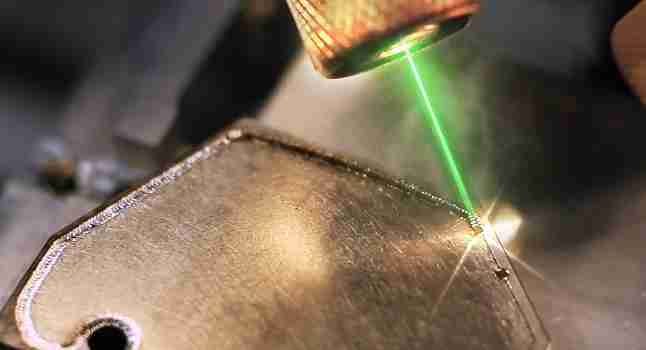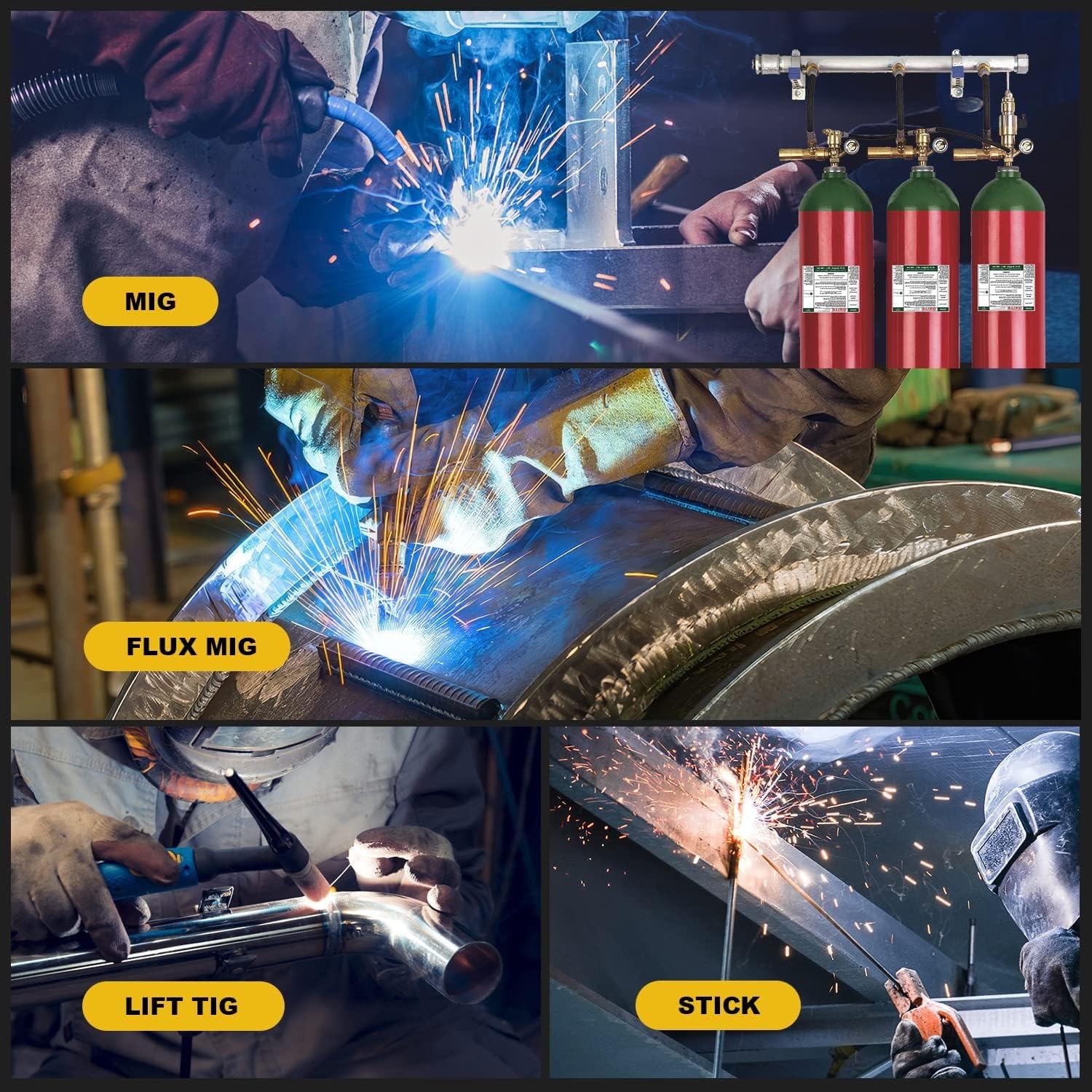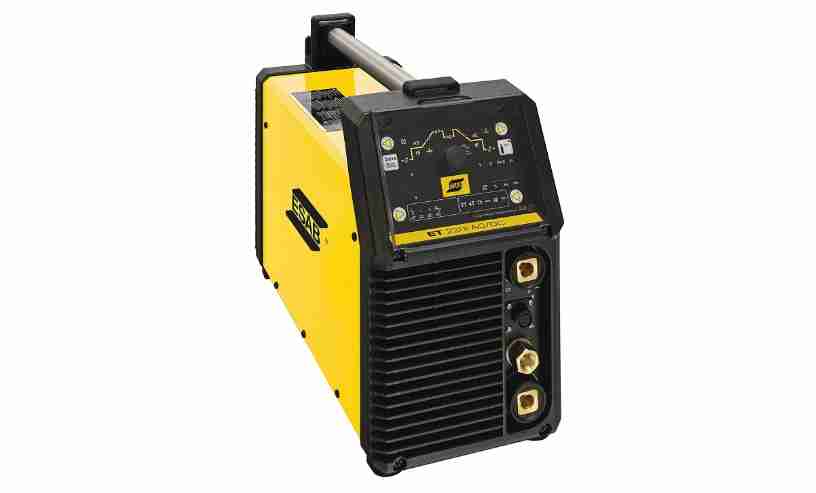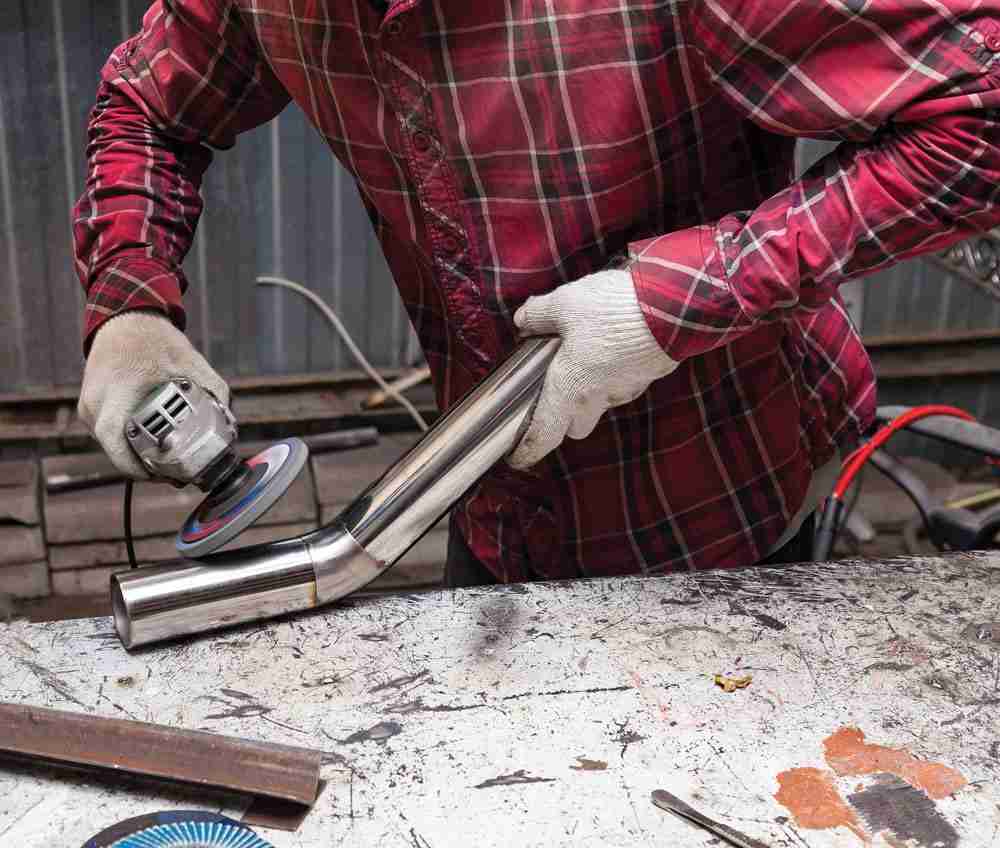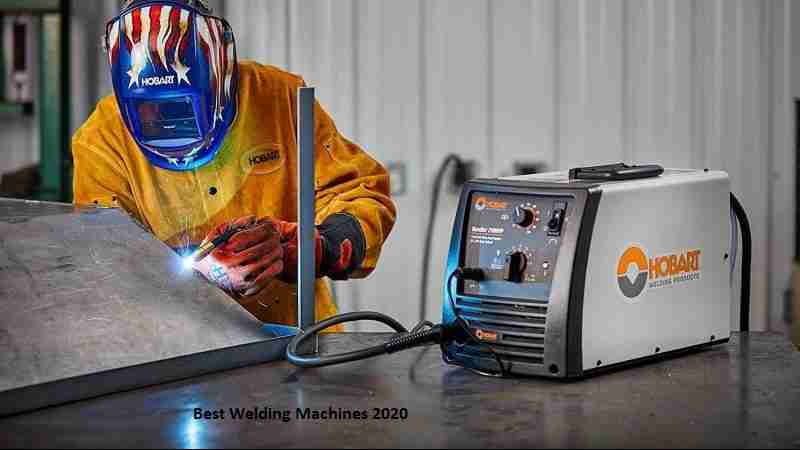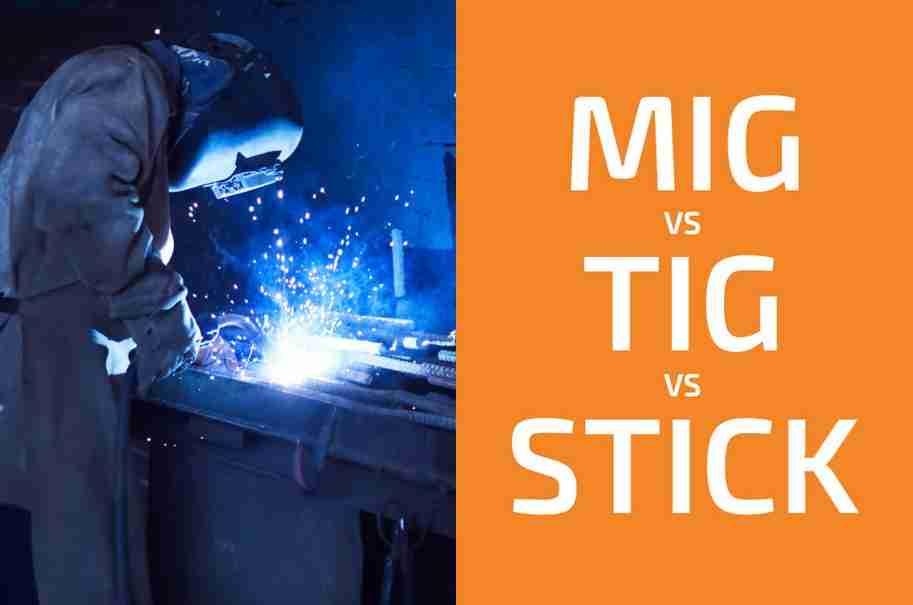Have you ever wondered if welders make $100 an hour? Many people are curious about the earning potential in this skilled trade.
In this article, we will explore the truth behind the myth and look at the factors determining a welder’s income.
Whether considering a career in welding or simply interested in the field, read on to discover the reality of welders’ earnings.
Job Description
As a welder, your primary duty is joining metal parts using various welding techniques and equipment. You may work in the construction, manufacturing, shipbuilding, and automotive repair industries.
You must read and interpret blueprints, select the appropriate welding method, set up and operate welding equipment, and inspect welded joints for quality and accuracy.
Qualifications
You typically need a high school diploma or equivalent to become a welder. Additionally, completing a welding program or apprenticeship can provide you with the necessary technical knowledge and hands-on experience.
Employers often prefer candidates who have obtained a certification in welding, such as the Certified Welding Fabricator (CWF) or the American Welding Society (AWS) Certified Welder (CW) designation. These certifications validate your skills and expertise in the field.
Duties and Responsibilities
As a welder, your duties and responsibilities may include:
- Reading and interpreting blueprints, schematics, and technical drawings
- Choosing the appropriate welding technique and equipment for each job
- Setting up and calibrating welding equipment
- Cleaning and preparing metal surfaces for welding
- Welding metal parts according to specifications and quality standards
- Inspecting and testing welded joints for defects, such as cracks or weak spots
- Repairing damaged or broken metal structures
- Following safety protocols and wearing appropriate protective gear
Factors Affecting Welder Salaries
Various factors can influence a welder’s salary, including:
Experience and Skill Level
The more experience you have as a welder, the higher your earning potential. Your skill level increases as you gain proficiency in different welding techniques, and employers may be willing to pay you more for your expertise.
Welders with extensive experience may also have opportunities for supervisory or project management positions, often with higher salaries.
Industry
The industry you work in can significantly impact your salary as a welder. Specific industries, such as oil and gas, may offer higher wages due to the complex and hazardous nature of welding work.
On the other hand, industries like construction or automotive repair may have more competitive salary ranges. It is essential to research the specific industries you are interested in to determine their average salary ranges for welders.
Location
The geographical location of your job can significantly affect your salary as a welder. Areas with a higher cost of living or high demand for welders may offer higher wages.
For example, welders in urban areas or regions with major industrial hubs may earn more than those in rural or less populated areas. It is advisable to consider the cost of living and average wages in a specific location before pursuing a welding career there.
Welder Type
Different types of welders specialize in specific areas, such as structural welding, pipe welding, or aerospace welding. The welding you specialize in can impact your salary.
Certain niche areas or industries may require specialized skills, which can command higher wages due to the demand and scarcity of qualified welders in those fields.
Type of Employment
Whether you are employed as a full-time, part-time, or contract welder can also affect your salary. Full-time welders typically receive benefits such as health insurance, retirement plans, and paid time off, which can add value to the overall compensation package.
Part-time or contract welders may have higher hourly rates but might not receive the same benefits and stability as full-time employees. Considering the total compensation package and job security is essential when evaluating employment opportunities.
Average Welder Salary
The average salary for welders can vary depending on experience, location, and industry. However, here are some general figures to give you an idea:
National Average
According to data from the Bureau of Labor Statistics (BLS), the median annual wage for welders, cutters, solderers, and brazers was $44,190 as of May 2020. It is important to note that this figure represents the national average and may differ significantly from the wages in specific regions or cities.
Regional Variations
Welding salaries can vary significantly from one region to another due to differences in cost of living, demand for welders, and local industry trends.
For example, welders in states like Alaska, Hawaii, or California tend to have higher average wages than those with lower cost of living. Researching regional salary data can help you understand the earning potential for welders in specific areas.
Union vs Non-union
Choosing between working for a union or non-union employer can also impact your wages as a welder. Unions negotiate collective bargaining agreements that often include higher wages, better benefits, and improved working conditions for their members.
However, it is essential to consider the potential union dues and fees associated with joining a union. Non-union welders may have more flexibility regarding job opportunities but may need to negotiate their wages and benefits.
High-Paying Welding Positions
While the average welding salary provides a general idea of earning potential, certain high-paying welding positions offer even greater compensation due to the work’s specialized skills and demanding nature. Here are some examples:
Underwater Welders
Underwater welding involves welding in submerged conditions, usually in offshore environments or underwater structures such as dams or pipelines.
Due to the unique skill set and the additional risks involved, underwater welders can command higher salaries. However, it is essential to note that this type of welding requires rigorous training, certification, and a high level of physical fitness.
Welding Inspectors
Welding inspectors ensure that welded joints meet industry standards and safety regulations. Their role includes conducting visual inspections, non-destructive testing, and verifying adherence to welding procedures.
The expertise and knowledge required for this position often result in higher salaries than regular welding jobs.
Pipeline Welders
Pipeline welding involves joining pipes in the oil, gas, and water industries. Due to the infrastructure’s critical nature and the need for highly skilled professionals, pipeline welders often receive higher wages.
These positions may also require travel to remote locations and extensive knowledge of industry codes and regulations knowledge.
Additional Certifications and Specializations
Obtaining additional certifications and specializing in specific welding areas can open up more opportunities for higher salaries and career advancement. Here are some certifications you may consider pursuing:
Certified Welding Inspector (CWI)
The Certified Welding Inspector certification from the American Welding Society validates your ability to inspect and evaluate welded joints. This certification is highly regarded in the industry and can enhance earning potential, especially if you are interested in welding inspection or quality control roles.
Certified Welding Educator (CWE)
If you have a passion for teaching and sharing your welding knowledge, pursuing a Certified Welding Educator certification can be beneficial. This certification demonstrates your proficiency in welding education and can lead to teaching positions or higher-level welding training roles.
Certified Welding Engineer (CWEng)
Becoming a Certified Welding Engineer can increase earning potential for those interested in the engineering aspects of welding. This certification focuses on the technical aspects of welding, including materials selection, design considerations, and welding process optimization.
Opportunities for Advancement
As a welder, several avenues for career advancement can lead to higher salaries and increased responsibility. Some potential opportunities include:
Supervisory Roles
With experience and demonstrated leadership skills, you may have the chance to move into supervisory roles, such as Welding Shop Supervisor or Welding Production Supervisor. These positions often come with higher salaries and the opportunity to oversee projects, manage teams, and make strategic decisions.
Welding Project Management
Project management roles in welding involve planning, coordinating, and overseeing large-scale welding projects. These positions require strong organizational skills, technical expertise, and the ability to manage budgets and timelines. Welding project managers often receive higher salaries due to the level of responsibility and complexity involved in their work.
Starting Your Own Business
If you have an entrepreneurial spirit, starting your own welding business can provide unlimited earning potential. As a business owner, you can set your rates, choose your clients, and take on projects that align with your skills and interests.
However, it is essential to consider the risks, financial investments, and business management skills required to run a successful welding business.
Job Outlook for Welders
The job outlook for welders is generally positive, with steady growth projected in the coming years. Here are some factors that influence the job outlook:
Growth Rate
Various industries’ infrastructure development, manufacturing growth, and maintenance needs drive the demand for skilled welders. The BLS predicts a 3% growth rate for welders, cutters, solderers, and brazers from 2020 to 2030, about as fast as the average for all occupations.
Technological Advances
Advancements in welding technology and equipment can potentially affect the job market for welders. Efficient and automated welding systems may reduce the demand for manual welding in certain industries or specific types of welding.
However, these advancements also create opportunities for welders to specialize in operating and maintaining advanced welding equipment.
Automation and Robotics
While automation and robotics can potentially impact specific aspects of welding, they are unlikely to replace skilled human welders entirely. Welders who can adapt to new technologies and gain expertise in robotic welding programming or maintenance can position themselves for higher-paid roles in industries adopting automation.
Union vs Non-union
When considering the choice between working for a union or non-union employer, it is essential to understand the potential benefits and implications for welders:
Union Benefits
Joining a union can provide several benefits to welders, including higher wages, better healthcare coverage, retirement plans, and improved working conditions. Unions negotiate collective bargaining agreements that often result in higher wages and additional benefits for their members. Additionally, unions can provide training and professional development resources, helping welders further enhance their skills and marketability.
Collective Bargaining Power
Unions empower welders by allowing them to collectively negotiate wages, working conditions, and benefits with their employers.
This collective bargaining power can lead to better compensation packages and ensure that workers’ rights and safety are protected. However, it is essential to note that union membership may require paying union dues and adhering to specific rules and regulations.
Conclusion
While the exact salary of a welder can vary depending on factors such as experience, industry, location, and specialization, welding can offer a rewarding career with competitive earning potential.
You can maximize your earning potential as a welder by obtaining the necessary qualifications, pursuing additional certifications, and exploring high-paying welding positions.
With a positive job outlook, opportunities for growth, and the ability to specialize in different areas of welding, a career in welding holds promise for those with the skills and passion for the trade.













